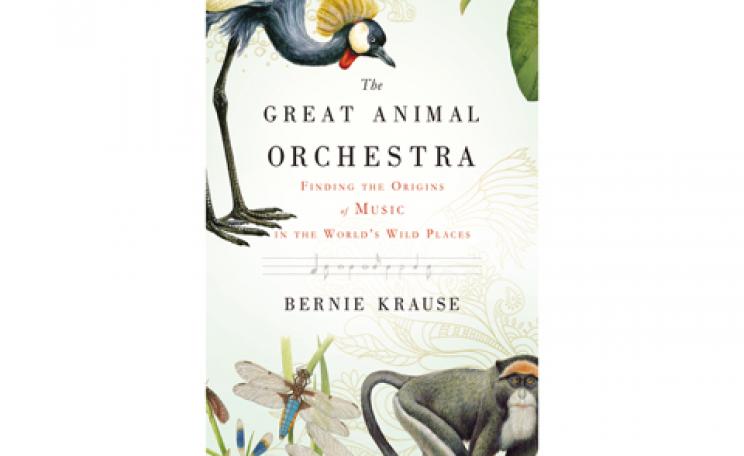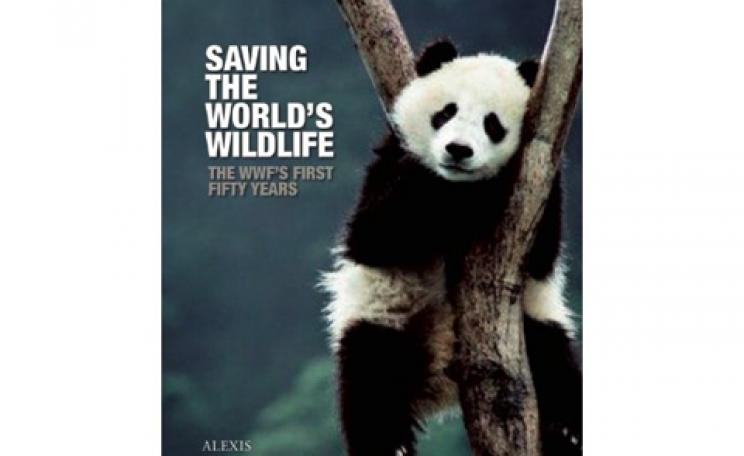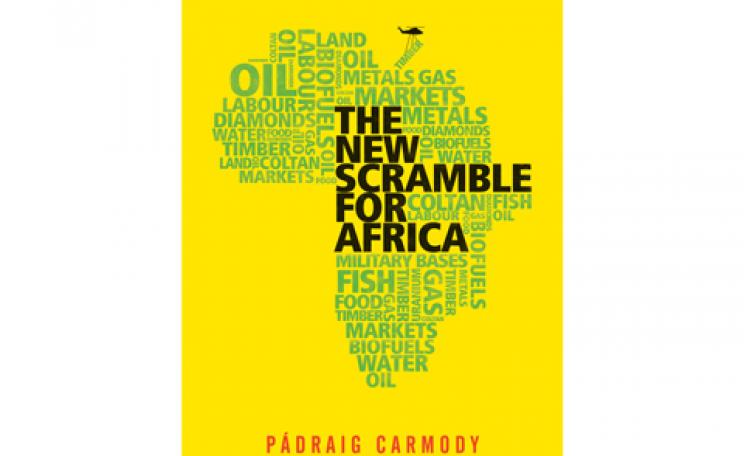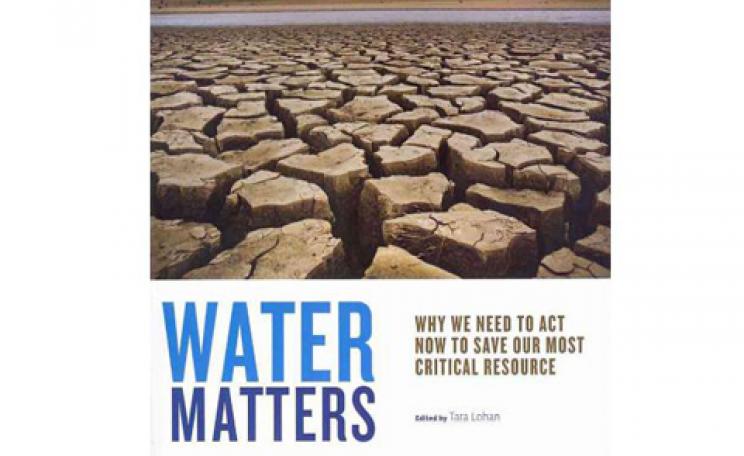Few books can be said to have had such a profound impact on British nature writing as J.A. Baker’s The Peregrine. Little seems to be known of Baker’s life but we know much about his attitudes to the natural world through his writing. Published in 1967, The Peregrine went on to win the Duff Cooper Prize and, since then, it has been revered by contemporary writers such as Robert Macfarlane, Richard Mabey and Ted Hughes as a classic of 20th century non-fiction. It is an incredible text but one that seems even more important today. Its advice, if it can be labelled as such, is something that anyone who lays a claim to loving the natural world can appreciate.
For those new to the book, there is not much of a narrative to speak of; no great ups and downs and nor is it one of those texts, such as Rachel Carson’s Silent Spring, that invokes an immediate call to arms in order to save wildlife. The Peregrine is a quiet book, though desperately intense: ‘It veered to the right, and passed inland. It was like a kestrel, but bigger and yellower, with a more bullet-shaped head, longer wings and greater zest and buoyancy of flight. It did not glide till it saw starlings feeding in stubble, then it swept down and was hidden among them as they rose. A minute later it rushed overhead and was gone in a breath into the sunlit mist. It was flying much higher than before, flinging and darting forwards, with its sharp wings angled back and flicking like a snipe’s. This was my first peregrine.’
In the flat fenland of coastal Essex, J.A. Baker came into contact with a bird that changed his world. The peregrine became an obsession. He observed their behaviour, described their activities, pummeling the reader with eyebrow-raising facts: ‘The eyes of a falcon peregrine weigh approximately one ounce each; they are larger and heavier than human eyes. If our eyes were in the same proportion to our bodies as the peregrine’s are to his, a twelve-stone man would have eyes three inches across, weighting four pounds.’ Baker tracked them as the peregrines hunted their prey, noted their eating habits, vowing that he would ‘share the fear, and the exaltation, and the boredom, of the hunting life’. Which is precisely what he does. Nothing much happens - it should be said - but here literature and nature mix in the most exquisite manner. This is pure prose poetry at its best, a sublime evocation of the Essex landscape as it was. And in the nothing happening, nature is all there for us to see. Interestingly, this is not a wild landscape - this is our intensive agricultural world. We are all of us surrounded by non-natural landscapes and yet Baker shows us the many rhythms and complexities to be something we can all tune in to. Moreover, a transition begins - Baker begins to adopt the consciousness of the peregrine itself, losing his human edge, getting ever closer to this elusive bird.
‘Screened by the low green bank of the wall, I stumble along on my hands and knees towards the place where I think the hawk will be, hoping he will stay there till I come. The short grass is dry and brittle and sweet-smelling. It is spring grass, clean and sharp as salt water. I bury my face in it, breathe in it, breathe in the spring.’
 Buried within the poetic language and the seemingly eccentric quest to observe nature is a manifesto. Beneath this quiet observation, this passionate hunt, The Peregrine is a book about connecting with nature on a level that many of us probably would not consider. It teaches us many things, the most important of which is that the natural world will not be understood online, or from a day trip somewhere. We can only scratch the surface in this way. I like to think that Baker would encourage us to somehow recreate his obsession, to head out into our own local landscapes and simply observe, monitor, listen. Baker can also teach us that to experience this bliss of connecting with the natural world, we do not need to become Henry David Thoreau and build a cabin in the woods. The Essex fenlands, an agricultural landscape, a factory without walls, is not unlike many other parts of the country. The British rural landscape is unique in this way, unlike the true wildernesses, but it accessible to many. In fact, in any landscape, we can discover remarkable experiences if we look at things with a renewed sense of passion. We, too, may eventually see the natural world through the eyes of other species - any surely only then can we begin to truly understand it.
Buried within the poetic language and the seemingly eccentric quest to observe nature is a manifesto. Beneath this quiet observation, this passionate hunt, The Peregrine is a book about connecting with nature on a level that many of us probably would not consider. It teaches us many things, the most important of which is that the natural world will not be understood online, or from a day trip somewhere. We can only scratch the surface in this way. I like to think that Baker would encourage us to somehow recreate his obsession, to head out into our own local landscapes and simply observe, monitor, listen. Baker can also teach us that to experience this bliss of connecting with the natural world, we do not need to become Henry David Thoreau and build a cabin in the woods. The Essex fenlands, an agricultural landscape, a factory without walls, is not unlike many other parts of the country. The British rural landscape is unique in this way, unlike the true wildernesses, but it accessible to many. In fact, in any landscape, we can discover remarkable experiences if we look at things with a renewed sense of passion. We, too, may eventually see the natural world through the eyes of other species - any surely only then can we begin to truly understand it.
The Peregrine by J.A Baker (£7.99, NYRB Classics) is available from Amazon
Mark Newton has a degree in Environmental Science and is a genre novelist for Pan Macmillan. He blogs at markcnewton.com, or you can find him on Twitter at twitter.com/MarkCN
| READ MORE... | |
 |
REVIEW Let Them Eat Shrimp: The Tragic Disappearance of the Rainforests of the Sea Mangroves are the unsung heroes of the biosphere, says Kennedy Warne in his comprehensive study. So why are we so ready to rip them up in pursuit of tropical golf courses and all-you-can-eat shrimp? |
 |
REVIEW The Great Animal Orchestra: Finding the Origins of Music in the World's Wild Places Bernie Krause has spent a lifetime recording the sonics of nature. But, as Laurie Tuffrey finds, his quest to record the elusive sound of the wild finds practical application in conservation |
 |
REVIEW The World’s Heritage Championing conservation and shining a spotlight on some of the planet’s most iconic places, UNESCO's latest tome, The World’s Heritage, is an inspiring read, says Ruth Styles |
 |
REVIEW Arctic Sanctuary: Images of the Arctic National Wildlife Refuge An evocative combination of stunning photography and beautiful prose drives home the natural wonder of the Arctic in Jeff Jones and Laurie Hoyle’s wonderful book |
 |
REVIEW Arctic: Treasure of the North Authors Bernd Römmelt and Thomas Henningsen have captured the Arctic’s stunning beauty and documented the struggle to survive in the face of climate change, says Priyanka Mogul |








